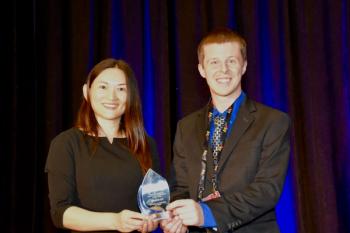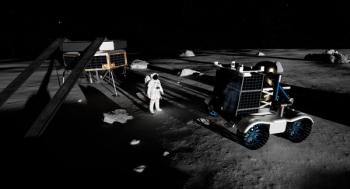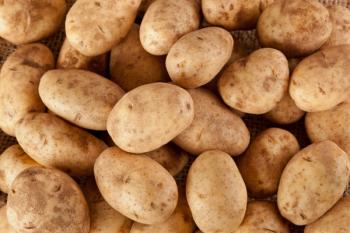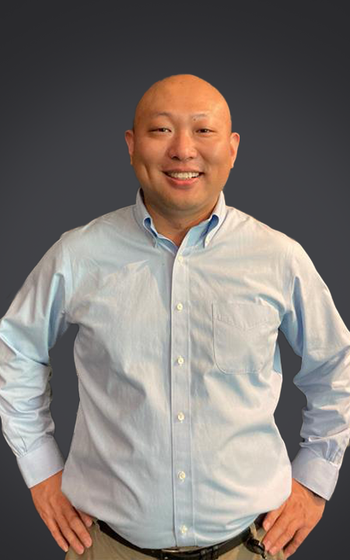
Alexander Gundlach-Graham Wins the JAAS Emerging Investigator Award
Alexander Gundlach-Graham has won the JAAS Emerging Investigator Award for 2023. He will receive the award on February 3 at the European Winter Conference on Plasma Spectrochemistry 2023 (EWCPS 2023) in Ljubljana, Slovenia, where he will give a keynote talk, titled, “Defining the Limits of Nanoparticle and Microparticle Classification for spICP-TOFMS Analyses.”
Alexander Gundlach-Graham has won the JAAS Emerging Investigator Award for 2023. He will receive the award on February 3 at the European Winter Conference on Plasma Spectrochemistry 2023 (EWCPS 2023) in Ljubljana, Slovenia, where he will give a keynote talk, titled, “Defining the Limits of Nanoparticle and Microparticle Classification for spICP-TOFMS Analyses.”
The JAAS Emerging Investigator Award recognizes early career researchers, within 10 years of their PhD, who have made a significant contribution in the area of atomic spectrometry, in their independent academic career. This award is presented annually. The winner is selected by a panel of JAAS journal editorial board members.
Gundlach-Graham’s group focuses on the development and application of atomic mass spectrometry (MS) to address current measurement challenges in environmental and bioanalytical sciences.
Gundlach-Graham and his group investigate the use of single-particle inductively coupled plasma time-of-flight mass spectrometry (sp-ICP-TOF-MS) for analysis of inorganic nanomaterials in complex matrices such as biological fluids and environmental samples. They place specific emphasis on the development of novel sample introduction approaches, calibration strategies, and NP classification strategies with sp-ICP-TOF-MS. Accurate quantification of nanoparticles in terms of composition and particle-number concentration is critical for assessing routes of nanomaterial exposure and supporting nanotoxicological studies.
Gundlach-Graham and his group also investigates new high-power nitrogen-sustained microwave inductively coupled atmospheric-pressure plasma (MICAP) sources for atomic mass spectrometry. This research is motivated by persistent limitations of the conventional argon-sustained ICP, such high cost of operation, incompatibility with ambient (air-based) aerosol sample introduction, and argon-based polyatomic interferences that complicate mass-spectral analysis. Here, Gundlach-Graham and his group explore the combination of the MICAP source with mass spectrometry to develop a next-generation argon-free ICP-MS.
Newsletter
Get essential updates on the latest spectroscopy technologies, regulatory standards, and best practices—subscribe today to Spectroscopy.




